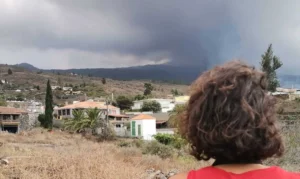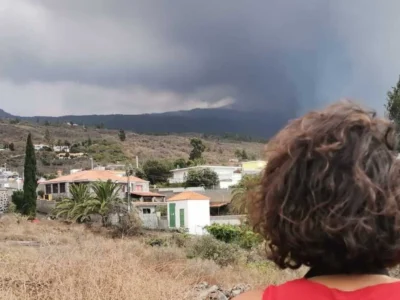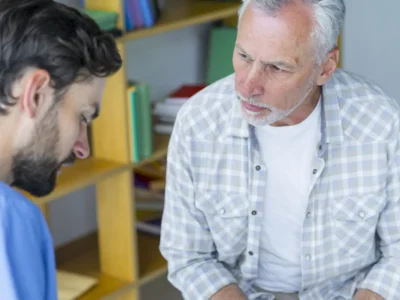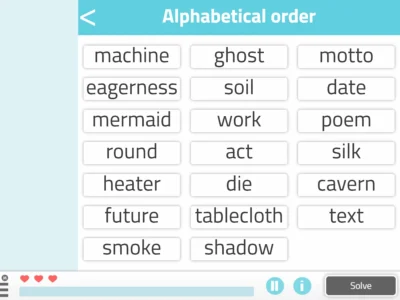On September 19 the volcanic eruption on the island of La Palma began, an island that belongs to Santa Cruz de Tenerife, one of the two provinces that make up the Canary Islands. Before that, unusual seismic swarms had been occurring and were increasingly felt by the population with greater intensity and surprise.
From that Sunday, all of the Canary Islands rallied around La Palma. The most immediate responses came in the form of deployments of emergency personnel and professionals who came to the island voluntarily. In addition to the solidarity of the people of La Palma themselves, the other islands joined in to provide household items, food and clothing to those who had been affected.
Psychological assistance after the volcanic eruption on La Palma
A few days after the volcanic eruption I arrived in La Palma to assist as a psychologist. The psychology field is still not explicitly included in official plans of emergencies despite the fact that people’s suffering becomes evident in every natural disaster or similar emergency.
What is emergency psychology?
The psychology of emergencies aims to be a first aid approach to provide emotional ventilation and relief, attempting to prevent more serious psychological problems over time such as anxiety disorders, depression or others. Furthermore, such difficult life situations can be triggers that increase suicide rates.
Psychological consequences of the La Palma volcanic eruption
In the case of a volcanic eruption, it should be taken into account that preventive evacuations are carried out and there are two different approaches: people who already know they have lost their homes swallowed by lava and people who are still waiting to find out what will happen to their home. Uncertainty is a very important factor in the latter case that increases anxious symptomatology. In the first case, they need help to go through the grieving process for all that has been lost and professional support so they can channel and express their thoughts and emotions. There are also people who have lost their jobs, their livelihoods through livestock and agriculture and other small businesses in the area.
Lava is not like a fire where it is possible to return to your home and partially restore it, thus recomposing your environment. In the case of a volcano, everything is lost. Lava in its path devastates and swallows everything it finds and the surroundings change drastically. People will not see again the town where they were born or where their sons and daughters grew up. The pain felt is devastating and memories are relived with great nostalgia.
Also, the sound of the volcano prevents forgetting this situation and there are increasingly more people with sleep problems and anxious and depressive symptoms. In children symptoms such as nightmares and problems with sphincter control are also observed. In addition, children are harmed by the high level of ash which affects their play areas.
The fundamental role of psychology
Life changes in part of La Palma in a radical and moving way, with a situation of devastation for many families. La psychology must perform its function at these moments faced with a situation that no one knows how long it will last.
Emergency professionals (firefighters, volunteers from different organizations, healthcare workers, etc.) also need professional therapeutic support. Helplessness becomes palpable at many moments and the images as well as the testimonies have a emotional impact on support personnel.
Conclusions
In short, in these situations work must continue, with appropriate breaks to be able to return and be useful in the essential assistance they provide. Meanwhile, respect at these times toward the those affected is the best thing that can be done from all areas, in addition to being available and willing to help if required.
If you liked this post about the role of psychology during the volcanic eruption on La Palma, we recommend you take a look at these publications from NeuronUP:
“This article has been translated. Link to the original article in Spanish:”
La labor de la psicología durante la erupción del volcán de La Palma








 NeuronUP for working on executive functions in ADHD: the case of ‘G’
NeuronUP for working on executive functions in ADHD: the case of ‘G’
Leave a Reply